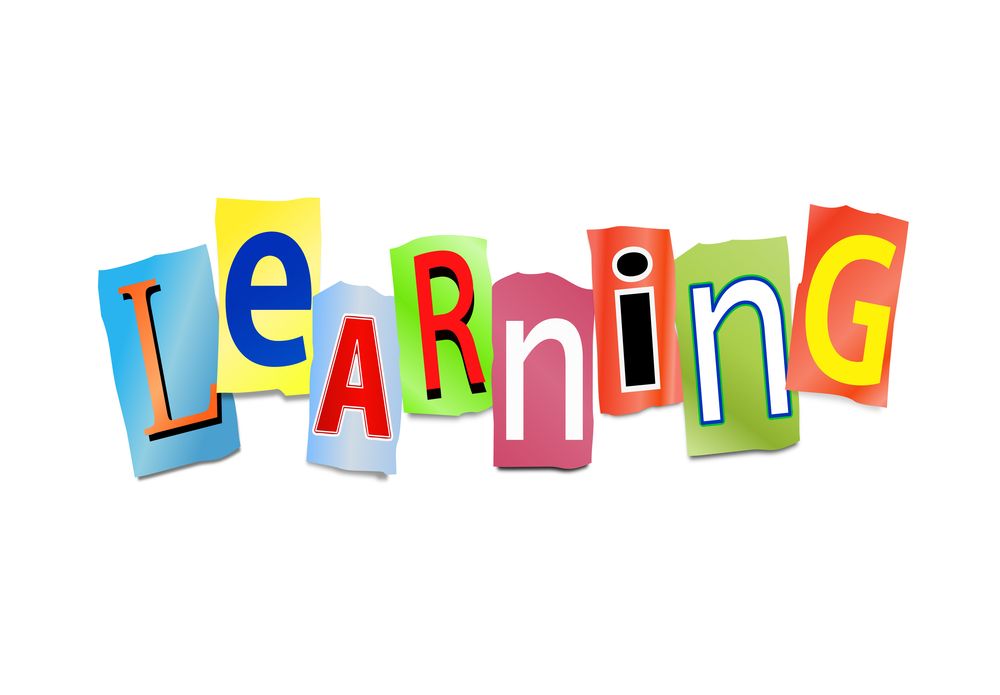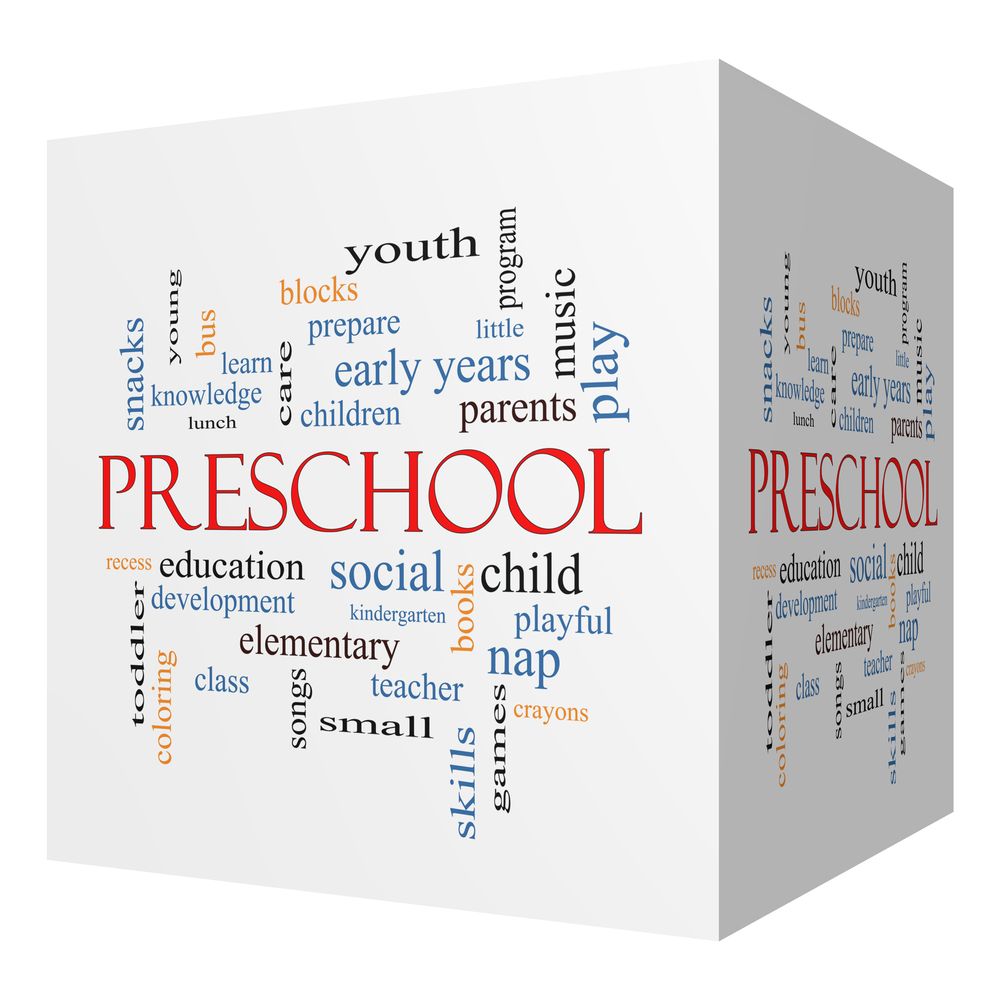BASICS OF CHILD CARE FOR NON-TEACHING STAFF
Introduction to Child Care
Preschool and childcare has become so much more than just babysitting while a child’s parents are at work. During the past 15-20 years there has been a huge amount of research conducted in major universities all over the world about early brain development and how young children learn.
Supporting healthy growth, development and learning during the first 5 years of life has a major impact on a child's later success in school and in life.
We know now that if a young child gets his/her developmental needs met during this critical period, they will be less likely to engage in risky behavior as a teenager and significantly more likely to graduate from high school and enroll in college or job training. This information takes on new meaning when you consider the current high school drop-out rates.
Early learning and childcare is important work! The work you do, directly or indirectly supporting the program, is making a big difference in the lives of children.
Regardless of your position, it is a good idea to be familiar with some of the basic regulations and expectations connected to this kind of business.
Childcare is a very regulation-driven industry. There are many rules and policies you are required to follow. All these regulations exist to protect the health, safety, growth, development and learning of the children enrolled in your program.
Child Care in the U.S.
The National Association for the Education of Young Children (NAEYC) is the world's largest organization working on behalf of young children. It opened its doors in the late 1920's, but it wasn't until much later that Early Childhood Education came into its  own. Beginning in the late 1960's, the number of single parents and households with two working parents increased dramatically. Home child care programs and childcare centers sprang up everywhere. Around that same time, Early Childhood Education departments were being offered at colleges and universities.
own. Beginning in the late 1960's, the number of single parents and households with two working parents increased dramatically. Home child care programs and childcare centers sprang up everywhere. Around that same time, Early Childhood Education departments were being offered at colleges and universities.
Childcare licensing systems were put into place as well. Regulations were created to make sure the best interests of the children were being served. The purpose of these rules is to define and monitor standards for best practice to support safety, healthy growth and development, and learning. All of the rules apply to all employees and volunteers, even those non-teaching staff who are only in the classroom to cover for a teacher during a break.
Research conducted all over the world has resulted in updated classroom practices. Teaching methods that primarily focus on requiring children to memorize and recite by rote and sitting at tables doing 'work papers' have been shown to be ineffective.
We have come to understand that young children learn from concrete to abstract, not the other way around. This means that meaningful, foundational learning results from hands-on exploration and discovery. In other words, young children learn best through play.
Play is children's work. When they are given the time to explore and discover in a classroom environment that is rich with interesting materials, learning comes alive. The children develop self-confidence as they come to believe in themselves as competent learners. These kinds of learning experiences will better prepare them to be ready for--and successful in--school and life.
For more information, try our online classes:
Child Care Basics for Support Staff
You: a Professional in Your Field
We Care, Because You Do!
